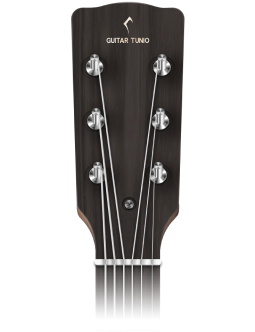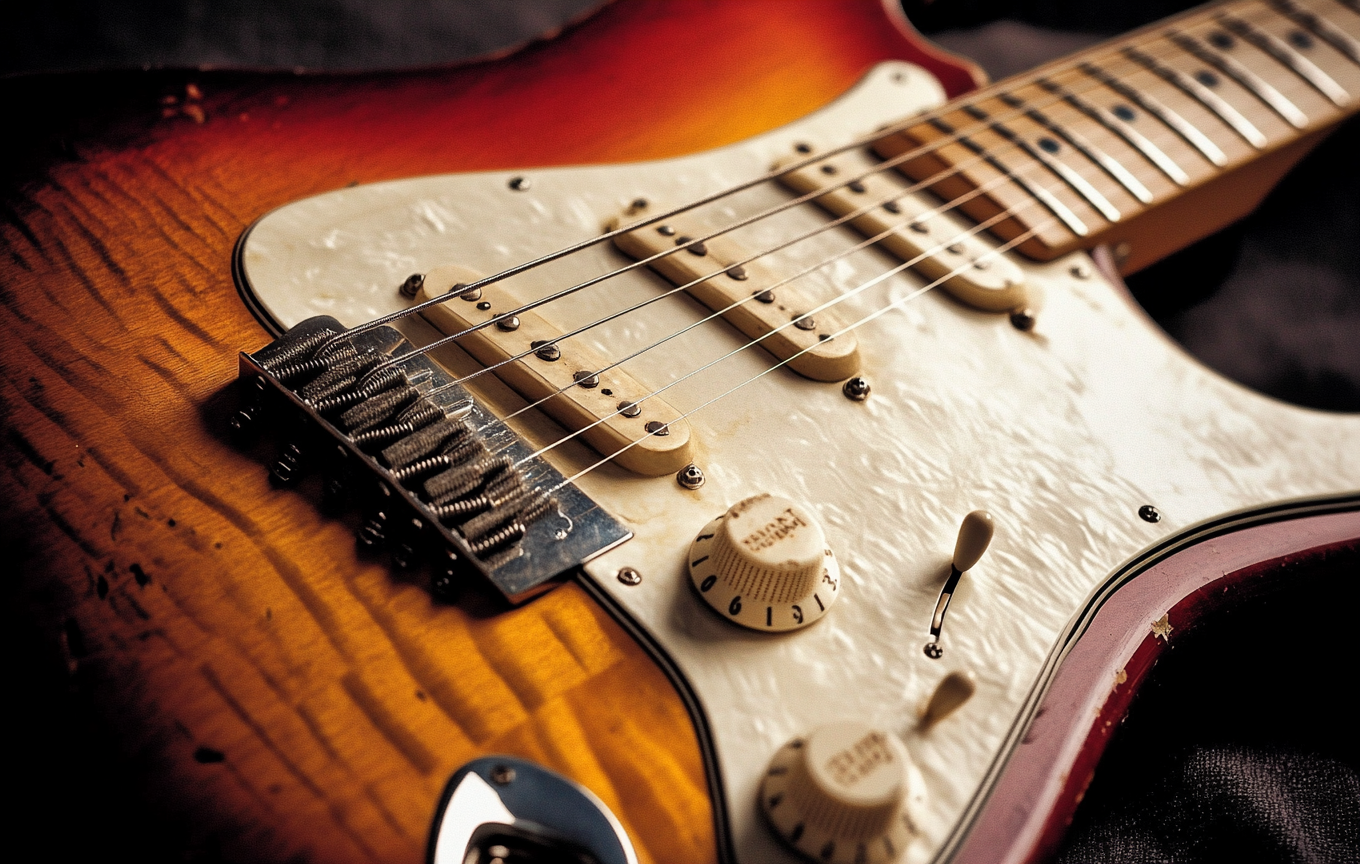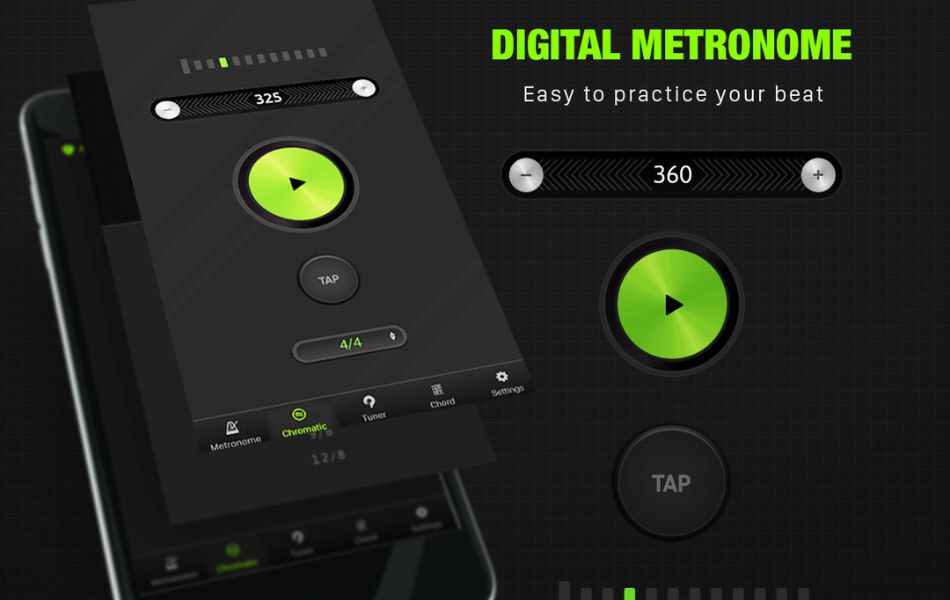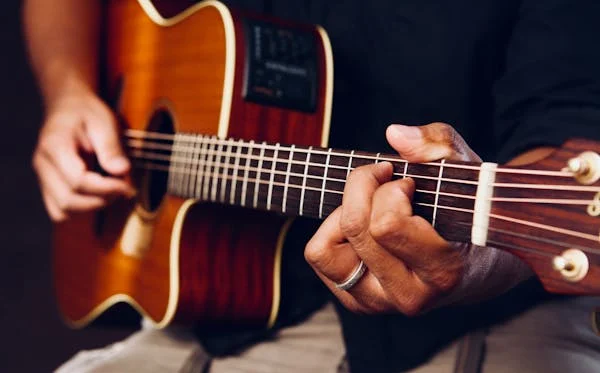How the Guitar is Played - A Complete Beginner's Guide
This guide covers the basics of playing guitar, from holding the instrument and understanding strings/frets to mastering strumming, picking, chords, and scales. Learn essential techniques and tips for effective practice to start your guitar journey.

























